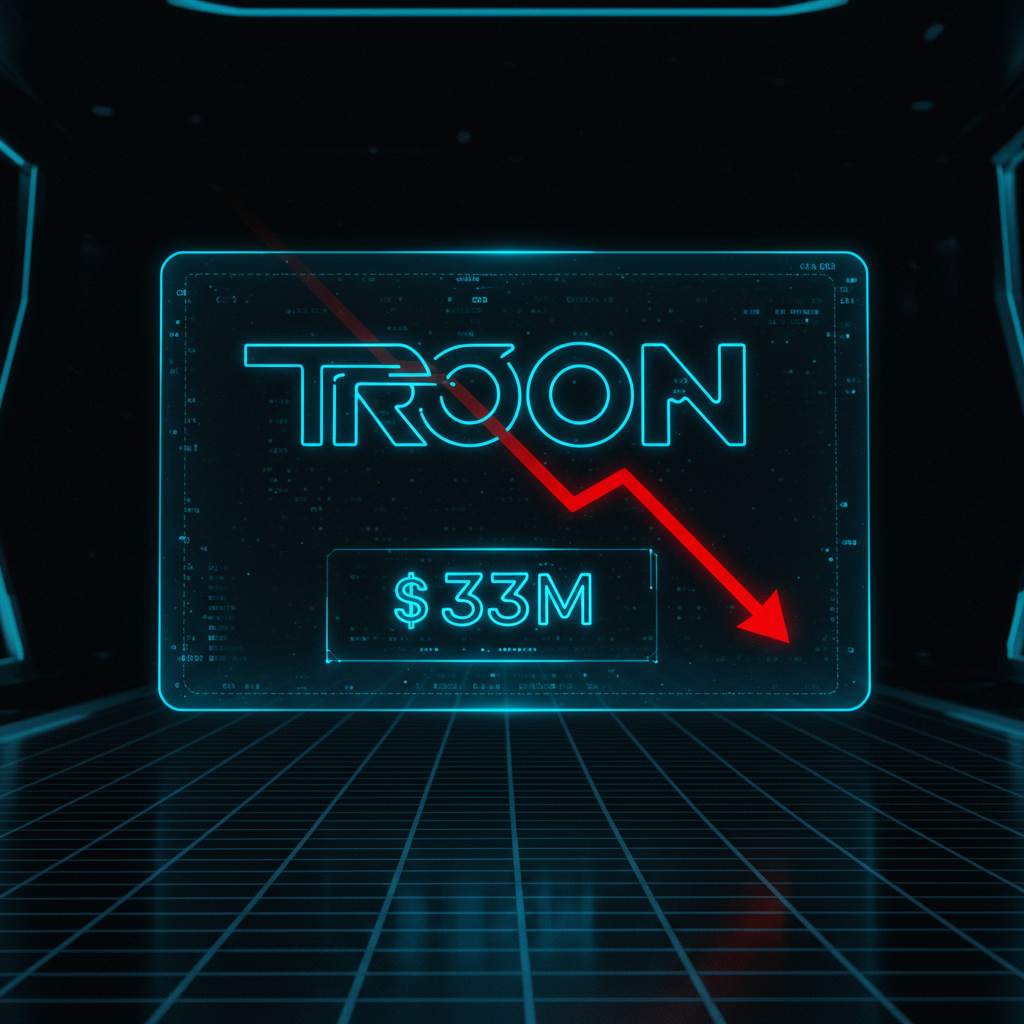Sean “Diddy” combs, the music mogul facing a federal trial with wide-ranging accusations, has received a mixed verdict from a jury. While acquitted of the most severe charges, including sex trafficking and racketeering conspiracy, Combs was found guilty on two counts related to transportation to engage in prostitution. This outcome drastically changes the potential future he faces, shifting the focus from a possible life sentence to determining the length of potential prison time based on the convictions.
Following the verdict, Combs was immediately ordered to remain in federal custody. His legal team’s request for release on bail pending sentencing was denied by the judge. Attention now turns to the complex sentencing process, where both the prosecution and defense will argue for vastly different outcomes, and a judge will ultimately decide Combs’s fate.
The Verdict: Guilty on Transportation, Acquitted of Major Charges
After a seven-week federal trial in Manhattan, a jury of eight men and four women spent more than 12 hours deliberating the charges against Sean Combs. The indictment included serious counts such as sex trafficking by force, fraud or coercion, and racketeering conspiracy, alongside charges of transportation to engage in prostitution under the federal Mann Act.
The jury’s decision was split. Combs was acquitted of the sex trafficking and racketeering conspiracy charges, including those specifically related to Victim 1, identified as Cassie Ventura, and Victim 2, identified as “Jane.” This acquittal means Combs will not face the mandatory minimum sentence or potential life sentence that the sex trafficking convictions could have carried.
However, the jury found Combs guilty on two counts: Count 3, transportation to engage in prostitution concerning Victim 1 (Cassie Ventura) and commercial sex workers, and Count 5, transportation to engage in prostitution concerning Victim 2 (“Jane”) and commercial sex workers. These convictions represent violations of the Mann Act, a federal law prohibiting the transportation of individuals across state lines for certain “immoral” purposes, including prostitution.
Key Charges and Outcomes
Acquitted:
Racketeering Conspiracy
Sex Trafficking by Force, Fraud or Coercion (Victim 1 – Cassie Ventura)
Sex Trafficking by Force, Fraud or Coercion (Victim 2 – “Jane”)
Convicted:
Transportation to Engage in Prostitution (Victim 1 – Cassie Ventura and others)
Transportation to Engage in Prostitution (Victim 2 – “Jane” and others)
This mixed verdict was met with contrasting reactions. Combs reportedly showed emotion upon hearing the acquittals. Outside the courtroom, supporters celebrated the acquittals, viewing it as a victory. However, those advocating for accountability emphasized the significance of the convictions for transportation.
Immediate Aftermath: Detention and Denied Bail
Immediately following the reading of the verdict, Judge Arun Subramanian ordered Sean Combs to remain in federal custody. Combs has been held without bail at the Metropolitan Detention Center in Brooklyn since his arrest in September.
Combs’s defense team promptly requested his release on a $1 million bond, proposing conditions like surrendering his passport, submitting to drug testing, and restricting travel. They argued that with the most serious charges dropped, the risk posed by Combs was significantly lower, and he needed to be with his family.
Why Combs Remains in Custody
Federal prosecutors opposed the bail request, arguing that Combs continued to be a “danger” to society. They pointed to evidence presented during the trial detailing a history of “violence, interstate transportation of numerous individuals for prostitution, drug use and distribution, and attempts to escape law enforcement detection” spanning two decades.
Judge Subramanian ultimately denied the defense’s request for bail. He cited several reasons, notably the defense’s own concession during the trial regarding Combs’s history of violent behavior in personal relationships. The judge stated the defense failed to prove by “clear and convincing evidence” that Combs poses “no danger to any person.” He also noted that Combs’s conduct, including alleged violent acts related to Cassie Ventura and “Jane” presented at trial, and alleged illegal actions even after his homes were searched, demonstrated a “disregard for the rule of law and a propensity of violence.” The judge found no basis to reverse his previous decision to deny bail before the trial began.
What’s Next? The Sentencing Process
With the trial concluded and a guilty verdict rendered on two counts, the legal battle for Sean Combs now moves entirely to the sentencing phase. This process involves several steps before Judge Subramanian determines the final punishment.
Each count of transportation to engage in prostitution carries a maximum statutory penalty of up to 10 years in federal prison. Therefore, for the two convictions, Combs faces a potential maximum sentence of up to 20 years.
Setting the Date
A tentative sentencing date was initially proposed for October 3rd. However, both the prosecution and defense have expressed interest in an expedited timeline. A remote hearing is scheduled for Tuesday, July 8th, at 2 p.m. ET, specifically to discuss and potentially finalize an earlier sentencing schedule.
Potential Prison Time
While the maximum potential sentence is 20 years, legal experts and the involved parties have indicated that such a lengthy term is unlikely based on federal sentencing guidelines.
Prosecution’s Recommendation: Prosecutors have indicated their preliminary calculation based on sentencing guidelines suggests a term of 51 to 63 months, which equates to approximately four to five years in prison.
Defense’s Recommendation: Combs’s legal team is advocating for a significantly shorter sentence, suggesting a range of 21 to 27 months under their interpretation of the guidelines.
There is a clear discrepancy in how the guidelines are being interpreted or applied by each side, leading to a difference of several years in their recommended sentences. The final sentence will be determined by Judge Subramanian, who has discretion but is guided by the federal sentencing guidelines and other factors. Combs will also receive credit for the time he has already served in custody since his arrest in September, which is currently around nine months.
Factors Influencing the Judge’s Decision
Before the sentencing hearing, a probation department will prepare a detailed pre-sentence report. This report provides the judge with background information on the defendant, specifics of the offenses, and input gathered from victims.
During the sentencing hearing itself:
Both the prosecution and defense will present arguments supporting their recommended sentences. The prosecution will likely highlight factors like the history of conduct and the nature of the offenses, while the defense will emphasize mitigating factors such as lack of prior convictions for this specific type of crime or potential expressions of remorse.
Combs will have the opportunity to speak directly to the judge.
Victims of the crimes may be permitted to deliver impact statements, detailing how the offenses have affected their lives.
Judge Subramanian will consider the sentencing guidelines, the pre-sentence report, the arguments from both sides, victim impact statements, and Combs’s personal circumstances, including his behavior while incarcerated, before announcing the final sentence.
Reactions and Ongoing Legal Battles
The mixed verdict and the subsequent denial of bail have elicited strong reactions from different camps involved in the case.
Combs’s legal team, including Marc Agnifilo, celebrated the acquittals, particularly on the sex trafficking and racketeering charges, calling it a “great victory.” They criticized the initial charges as being overly aggressive and the media portrayal as inaccurate. Despite the continued detention, Agnifilo stated the defense is “not nearly done fighting” and intends to pursue all avenues to secure Combs’s release.
Conversely, attorney Douglas Wigdor, who represents Cassie Ventura in her civil lawsuit against Combs, expressed satisfaction that Combs had been “finally held accountable.” While stating his team would have preferred convictions on the more serious charges, Wigdor acknowledged the high standard of proof required in criminal court and expressed pleasure that Combs still faced “substantial jail time” based on the transportation convictions.
Outside the courthouse in lower Manhattan, crowds of supporters and critics gathered, reflecting the polarized public opinion surrounding the case.
Following the sentencing, Combs will have the right to appeal the verdict and the sentence. The legal process is far from over, but the immediate consequence of the verdict is his continued detention as the courts prepare to determine the length of his incarceration.
Frequently Asked Questions
What charges was Diddy found guilty of in his trial?
Sean “Diddy” Combs was found guilty by a federal jury on two counts related to transportation to engage in prostitution. Specifically, these convictions were for violating the federal Mann Act by transporting individuals across state lines for commercial sex, involving both his former girlfriend Cassie Ventura and another witness referred to as “Jane,” along with other commercial sex workers. He was acquitted of more serious sex trafficking and racketeering conspiracy charges.
How much prison time is Sean Combs facing after the verdict?
Each of the two transportation convictions carries a maximum sentence of 10 years, meaning Sean Combs faces a potential maximum of up to 20 years in federal prison. However, based on federal sentencing guidelines, the prosecution is recommending a term of approximately 4 to 5 years (51-63 months), while the defense is seeking a much shorter sentence of around 2 to 2.5 years (21-27 months). The judge has discretion in determining the final sentence, guided by these recommendations and other factors. Combs will receive credit for time already served.
Why is Diddy still in jail after the verdict and denied bail?
U.S. District Judge Arun Subramanian denied Sean Combs’s request for bail following the guilty verdict and ordered him to remain in custody. The judge cited evidence presented during the trial indicating a history of violent behavior in relationships and a perceived disregard for the law. He stated that the defense failed to prove by “clear and convincing evidence” that Combs poses no danger to any person if released. Prosecutors had also argued against bail, citing concerns about flight risk due to his wealth and continued danger to the community.
Conclusion
The verdict in Sean Combs’s federal trial marks a significant turning point. While acquitted of the most severe charges, the guilty findings on transportation to engage in prostitution under the Mann Act ensure the legal consequences are substantial. He will remain in custody as the process transitions to sentencing. The next critical step is the upcoming hearing to finalize the sentencing date, followed by the comprehensive review process where Judge Arun Subramanian will consider arguments from both sides, victim input, and federal guidelines to determine the length of Combs’s prison sentence. The focus now is squarely on the number of years Combs could potentially spend behind bars.



